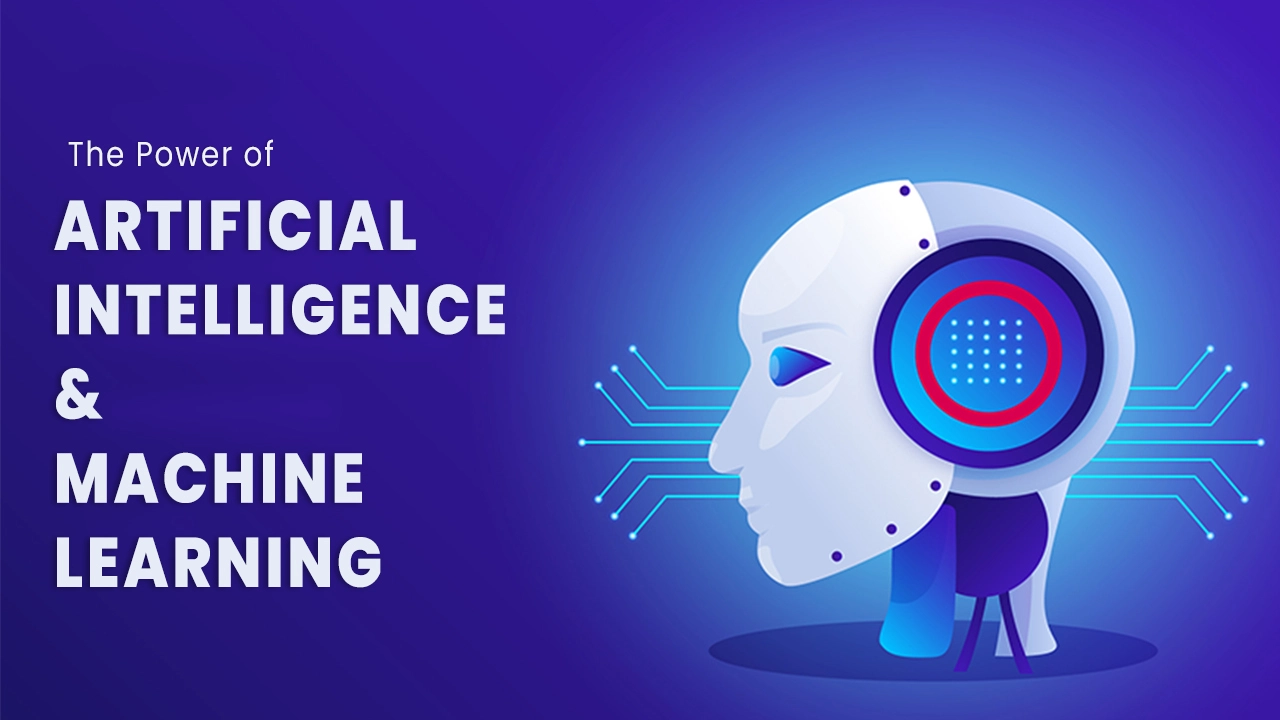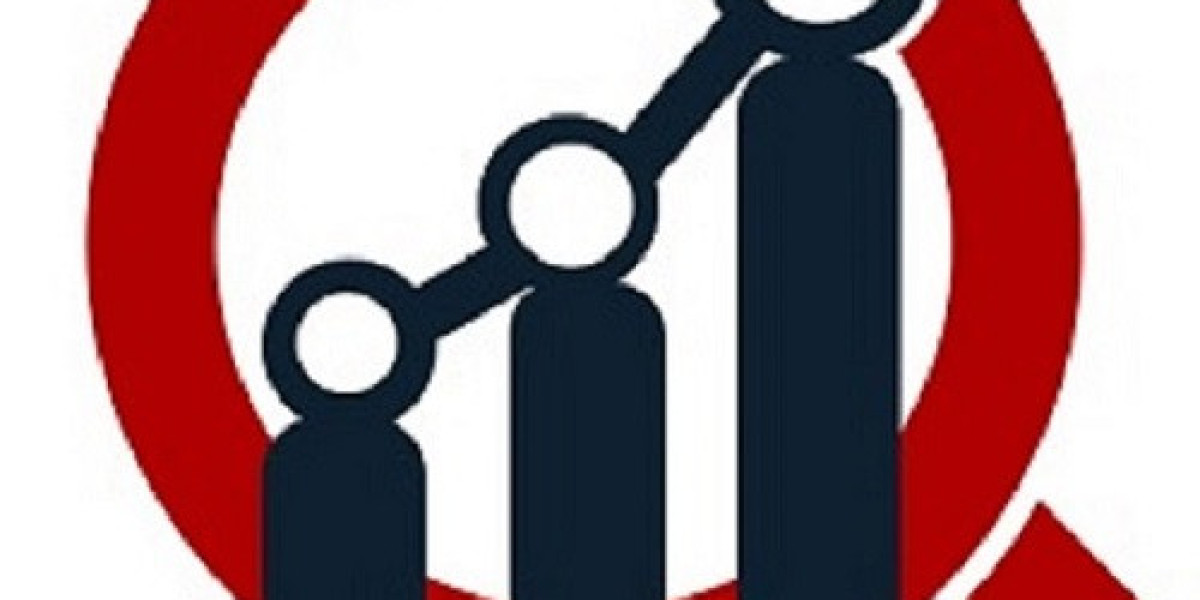
OpenAI and the White House have actually accused DeepSeek of utilizing ChatGPT to inexpensively train its brand-new chatbot.
- Experts in tech law say OpenAI has little recourse under copyright and contract law.
- OpenAI's terms of usage might use however are largely unenforceable, they say.
This week, OpenAI and the White House implicated DeepSeek of something akin to theft.
In a flurry of press statements, they said the Chinese upstart had bombarded OpenAI's chatbots with questions and hoovered up the resulting data trove to quickly and cheaply train a model that's now almost as excellent.
The Trump administration's top AI czar stated this training process, called "distilling," amounted to intellectual home theft. OpenAI, meanwhile, told Business Insider and other outlets that it's investigating whether "DeepSeek may have inappropriately distilled our designs."
OpenAI is not stating whether the business prepares to pursue legal action, rather promising what a representative called "aggressive, proactive countermeasures to secure our technology."
But could it? Could it take legal action against DeepSeek on "you took our content" premises, similar to the grounds OpenAI was itself took legal action against on in a continuous copyright claim filed in 2023 by The New York City Times and visualchemy.gallery other news outlets?
BI positioned this question to professionals in technology law, who said tough DeepSeek in the courts would be an uphill fight for OpenAI now that the content-appropriation shoe is on the other foot.
OpenAI would have a difficult time showing an intellectual property or copyright claim, these legal representatives said.
"The concern is whether ChatGPT outputs" - suggesting the answers it generates in action to inquiries - "are copyrightable at all," Mason Kortz of Harvard Law School stated.
That's because it's unclear whether the answers ChatGPT spits out certify as "creativity," he stated.
"There's a teaching that says imaginative expression is copyrightable, but facts and concepts are not," Kortz, who teaches at Harvard's Cyberlaw Clinic, stated.
"There's a huge question in intellectual home law right now about whether the outputs of a generative AI can ever make up imaginative expression or if they are always unprotected facts," he included.

Could OpenAI roll those dice anyhow and declare that its outputs are secured?
That's unlikely, the attorneys stated.
OpenAI is currently on the record in The New york city Times' copyright case arguing that training AI is an allowable "reasonable use" exception to copyright defense.
If they do a 180 and inform DeepSeek that training is not a fair use, "that may return to kind of bite them," Kortz stated. "DeepSeek could state, 'Hey, weren't you just saying that training is fair usage?'"
There might be a distinction between the Times and DeepSeek cases, Kortz included.
"Maybe it's more transformative to turn news posts into a model" - as the Times implicates OpenAI of doing - "than it is to turn outputs of a design into another model," as DeepSeek is said to have actually done, Kortz said.
"But this still puts OpenAI in a quite predicament with regard to the line it's been toeing relating to fair use," he added.
A breach-of-contract lawsuit is most likely
A breach-of-contract lawsuit is much likelier than an IP-based lawsuit, though it comes with its own set of issues, stated Anupam Chander, who teaches technology law at Georgetown University.
Related stories
The terms of service for Big Tech chatbots like those developed by OpenAI and Anthropic forbid utilizing their material as training fodder for a contending AI design.
"So perhaps that's the lawsuit you might possibly bring - a contract-based claim, not an IP-based claim," Chander stated.
"Not, 'You copied something from me,' but that you took advantage of my model to do something that you were not allowed to do under our contract."
There might be a drawback, forum.batman.gainedge.org Chander and Kortz said. OpenAI's regards to service need that the majority of claims be resolved through arbitration, not lawsuits. There's an exception for suits "to stop unapproved use or abuse of the Services or intellectual property violation or misappropriation."
There's a bigger drawback, however, professionals said.
"You need to know that the dazzling scholar Mark Lemley and a coauthor argue that AI regards to usage are likely unenforceable," Chander stated. He was describing a January 10 paper, "The Mirage of Expert System Regards To Use Restrictions," by Stanford Law's Mark A. Lemley and Peter Henderson of Princeton University's Center for Infotech Policy.
To date, "no model creator has in fact attempted to enforce these terms with financial charges or injunctive relief," the paper says.
"This is most likely for good reason: we believe that the legal enforceability of these licenses is questionable," it adds. That remains in part because design outputs "are mostly not copyrightable" and since laws like the Digital Millennium Copyright Act and bphomesteading.com the Computer Fraud and Abuse Act "offer limited option," it says.
"I believe they are most likely unenforceable," Lemley informed BI of OpenAI's terms of service, "since DeepSeek didn't take anything copyrighted by OpenAI and because courts typically will not enforce arrangements not to contend in the lack of an IP right that would prevent that competition."
Lawsuits in between parties in various nations, each with its own legal and enforcement systems, are constantly tricky, Kortz said.
Even if OpenAI cleared all the above difficulties and won a judgment from an US court or arbitrator, "in order to get DeepSeek to turn over cash or stop doing what it's doing, the enforcement would boil down to the Chinese legal system," he said.
Here, hb9lc.org OpenAI would be at the mercy of another incredibly complicated location of law - the enforcement of foreign judgments and the balancing of private and utahsyardsale.com business rights and national sovereignty - that stretches back to before the founding of the US.
"So this is, a long, made complex, stuffed procedure," Kortz included.
Could OpenAI have safeguarded itself much better from a distilling incursion?
"They could have used technical procedures to block repeated access to their site," Lemley said. "But doing so would also hinder typical customers."
He included: "I do not believe they could, or should, have a legitimate legal claim versus the browsing of uncopyrightable details from a public site."

Representatives for DeepSeek did not right away react to an ask for comment.
"We know that groups in the PRC are actively working to use approaches, including what's understood as distillation, to attempt to replicate sophisticated U.S. AI models," Rhianna Donaldson, an OpenAI representative, informed BI in an emailed statement.



